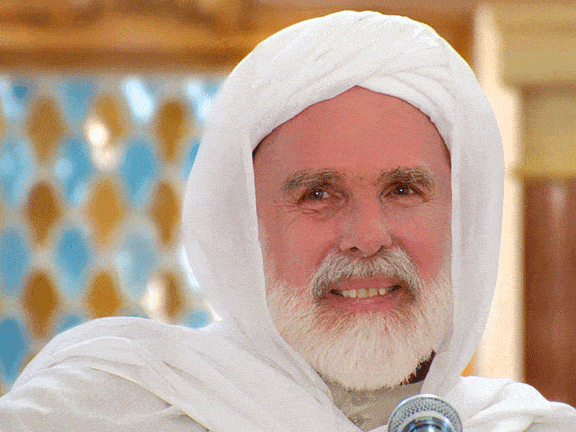Dr. Umar Faruq Abd-Allah: The Parameters of Respecting Differences of Opinion in Islam
What does it mean to have a difference of opinion in Islam?
In Islam we have different opinions about things and those different opinions are based on the nature of Islamic law.
We also have rules that indicate to us how we can live together, what things we need to agree upon and not differ and what things are open to different interpretations.
Community and Continuity
Two of the most important aspects of religion as a dynamic, social and political reality is community and continuity.
Community means that we are able to create a community that brings people together and continuity means that we are connected to the past, the present and the future.
Historically, Islam has always had a world community. It spread all the way to the east and all the way to the west. Islam in China looked extremely Chinese and yet it was pure Islam and Islam in West Africa looked very African and it too was pure Islam.
We have a beautiful tradition that gives us meaning and goes back to the Prophet Muhammad (Peace be upon him). Therefore we must be able to live this religion by working together, respecting, loving and cooperating with each other.
Enjoining right and forbidding the wrong
One of the most important aspects of our religion is to enjoin what is right and forbid what is wrong. When we study Islam we are taught how to do that so that it becomes constructive and positive not destructive and negative.
Many times we can see trouble in our communities when we try to enjoin right and forbid wrong because the thing we are insisting upon is our own opinion, custom and we think that everyone should do it.
We must understand and respect that there are different categories of Islamic Law
- واجب / فرض (farḍ/wājib) – compulsory, obligatory
- مستحب (mustaḥabb/mandūb) – recommended
- مباح (mubāḥ) – neutral, not involving God’s judgment
- مكروه (makrūh) – disliked, reprehensible
- حرام (ḥarām) – forbidden
In this lecture Dr Umar outlines for us how to build communities rooted in knowledge and wisdom and service. He explains that we are not people of argumentation or controversy, rather we are people who love and respect one another.
Dr. Umar Abd-Allah is an American Muslim who embraced Islam in 1970. He studied Arabic and Islamic studies at the University of Chicago, where he received his doctorate in 1978. He taught at the Universities of Windsor (Ontario), Temple, Michigan, and King Abdul-Aziz (Jeddah). During his years abroad, he was able to study with a number of traditional Islamic scholars. He returned to the United States in 2000 to work with the Nawawi Foundation (Chicago), where he remained for more than a decade. He is currently working as an independent educator under the auspices of the Oasis Initiative (Chicago). He is engaged in research, writing, lecturing, teaching, and related activities in connection with various national and international forums in the United States, Canada, Europe, West Africa, and elsewhere with a focus on Islamic theology, spirituality, law and legal theory, and history
